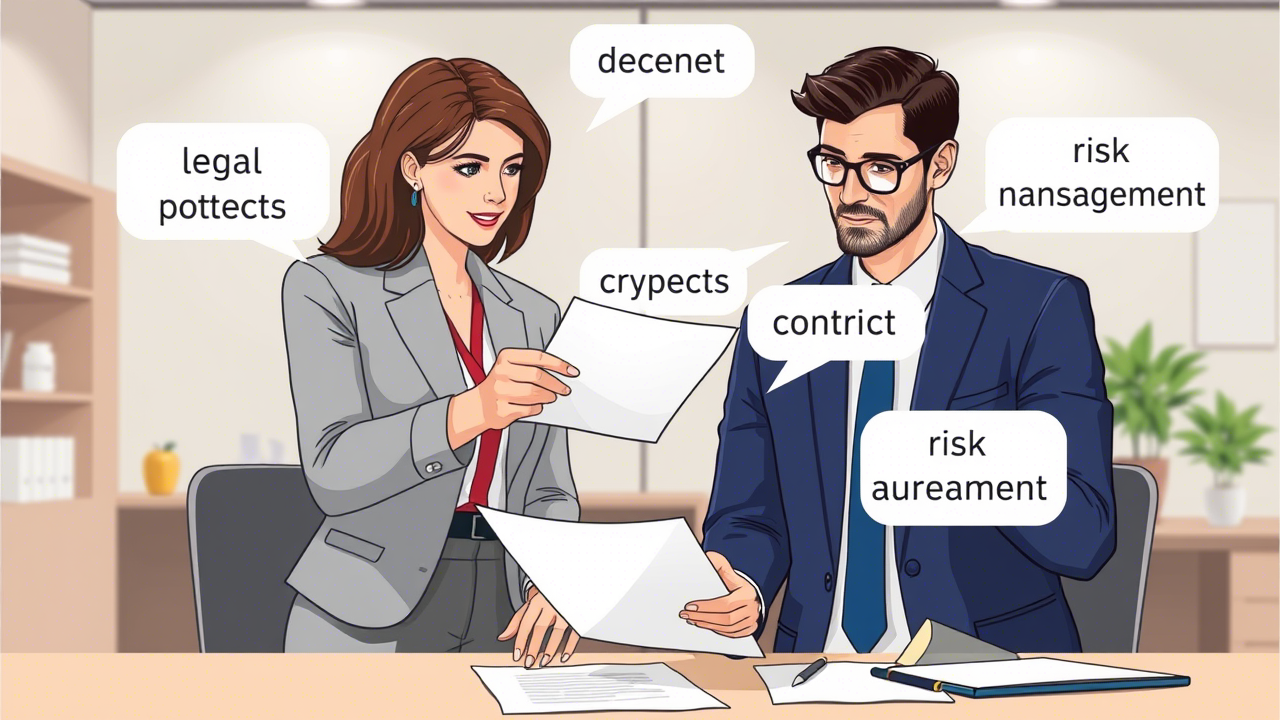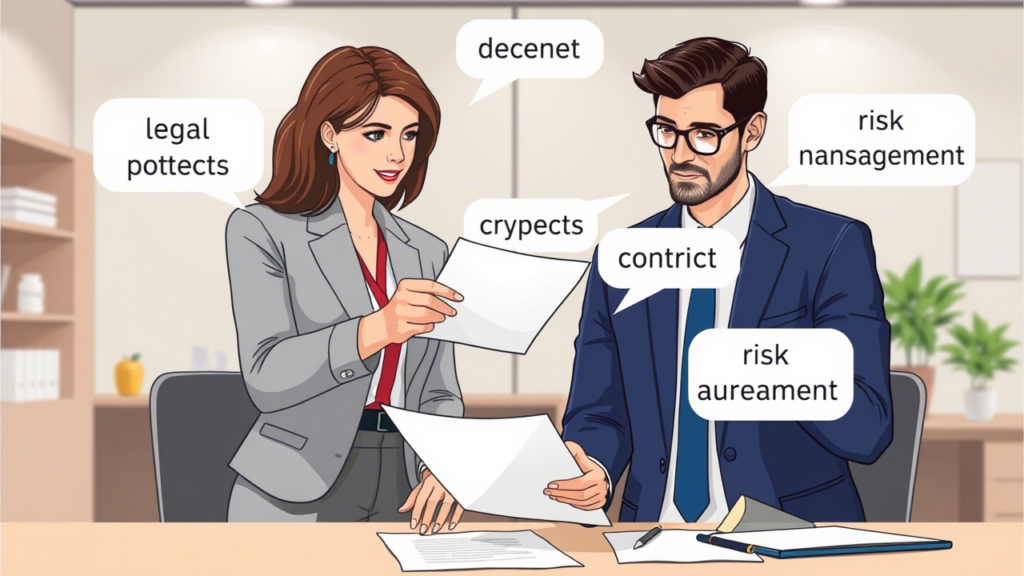Understanding Liability Insurance: A Simple Guide
When it comes to protecting yourself or your business from unexpected financial risks, liability insurance is one of the most important safeguards you can have. But what exactly is it, and how does it work? In this article, we’ll explore liability insurance in a clear, straightforward way—so you can make informed decisions with confidence.

What Is Liability Insurance?
Liability insurance is a type of coverage that helps protect you from the financial consequences of being held legally responsible for injuries or damages to others. Whether you’re a business owner, a homeowner, or a driver, accidents happen—and if you’re found at fault, the costs can add up quickly. Liability insurance steps in to cover expenses like medical bills, legal fees, and repair costs, up to the limits of your policy.
How Does Liability Insurance Work?
If someone claims that you (or your business) caused them harm—whether through an accident, negligence, or oversight—they may file a lawsuit or demand compensation. Liability insurance helps by:
- Covering legal defense costs – Even if a claim is unfounded, lawsuits can be expensive to defend.
- Paying for damages – If you’re found liable, your insurance can cover settlements or court-ordered payments.
- Providing peace of mind – Knowing you’re protected allows you to focus on what matters most.
Without liability insurance, you could be personally responsible for these costs, which might lead to significant financial strain.
Common Types of Liability Insurance
Different situations call for different types of liability coverage. Here are a few of the most common:
1. General Liability Insurance (for Businesses)
- Protects against claims of bodily injury, property damage, or advertising injuries (like slander).
- Often used by small businesses, contractors, and retailers.
2. Professional Liability Insurance (Errors & Omissions)
- Covers professionals (doctors, lawyers, consultants) against claims of negligence or mistakes in services provided.
3. Auto Liability Insurance
- Required in most states, this covers injuries or damages you cause while driving.
4. Homeowners/Renters Liability Insurance
- Protects you if someone is injured on your property or if you accidentally damage someone else’s property.
Why Is Liability Insurance Important?
Even the most cautious individuals and businesses can face unexpected claims. A single lawsuit or accident could lead to overwhelming expenses without proper coverage. Liability insurance ensures that:
- You’re financially protected – Avoid paying out-of-pocket for costly legal fees or settlements.
- Your assets are secure – Personal savings, property, and business assets are shielded.
- You meet legal requirements – Many states and industries mandate liability coverage.
Final Thoughts
Liability insurance isn’t just a safety net—it’s a smart way to manage risk in an unpredictable world. By understanding how it works and choosing the right coverage, you can protect yourself, your business, and your future with confidence.
If you’re unsure about your needs, consulting an insurance professional can help tailor a policy that fits your unique situation. After all, peace of mind is priceless.
Would you like help finding the right liability coverage for your needs? Feel free to explore your options or speak with an advisor today.


